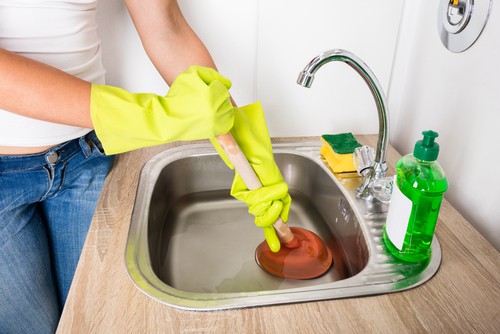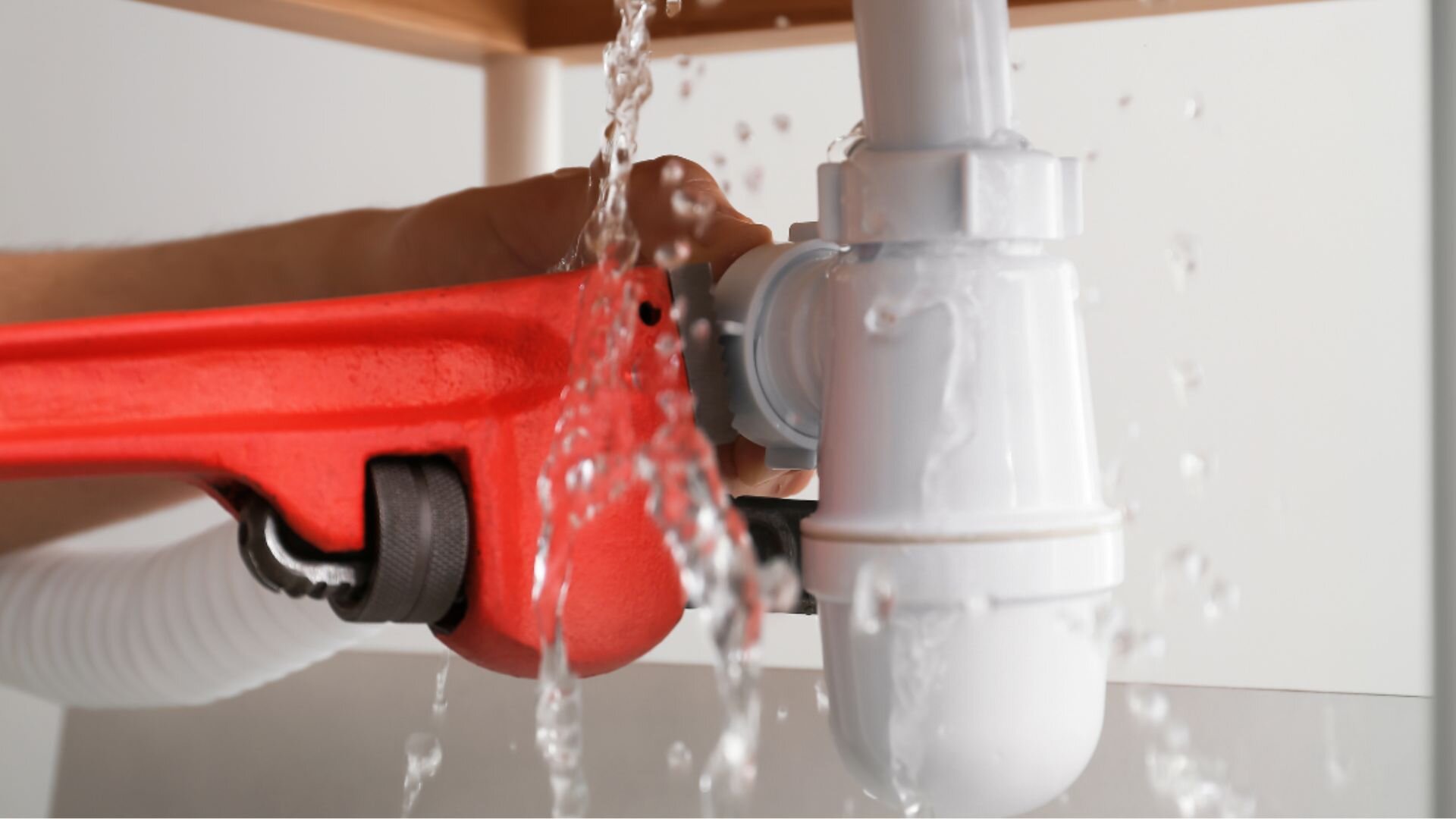Immediate Solutions for Pipe Problems: Steps to Take Until Help Arrives
Immediate Solutions for Pipe Problems: Steps to Take Until Help Arrives
Blog Article
The author is making several good observations on the subject of Expert Tips for Emergency Plumbing Repairs in general in this article in the next paragraphs.

Pipes emergency situations can strike at any moment, triggering anxiety and prospective damage to your home. Whether it's a burst pipe, a clogged drainpipe, or a dripping faucet, understanding how to manage the circumstance up until a professional plumbing professional shows up can save you from further difficulties. This post offers essential emergency situation pipes suggestions to help you minimize damage and regain control throughout a plumbing crisis.
Shut off the Water Supply
The primary step in any kind of plumbing emergency situation is to shut off the water supply. For local problems, such as a leaking tap or bathroom, turn off the shutoff near the component. In the case of a significant leak or ruptured pipe, situate your home's main water shut-off shutoff and turn it off quickly. Knowing the area of these valves ahead of time can save useful time during an emergency situation.
Address Small Leakages with Temporary Repairs
Tiny leaks can promptly end up being considerable troubles if left unattended. Make use of these temporary repairs until expert aid arrives:
While these repairs aren't irreversible, they can help reduce water loss and damages.
Unclog Drains Pipes Safely
A blocked drainpipe can be a frustrating and untidy problem. Below's how to tackle it:
If these techniques do not work, avoid using excessive force, as it may intensify the obstruction.
Handle Overflowing Toilets
An overruning commode can create prompt disorder. Below's what you should do:
Shut Off Your Water Heater
In certain emergencies, such as a burst pipe, it's a good idea to shut off your water heater. This prevents getting too hot or damages to the system when water stops flowing. Turn off the power supply to the hot water heater (electrical or gas) and allow it cool off to avoid possible threats.
Briefly Stop a Burst Pipeline
A ruptured pipe can result in significant water damages in mins. To reduce the concern:
Call a specialist plumbing professional quickly to attend to the issue permanently.
Handle Frozen Piping Meticulously
In chillier climates, frozen pipelines are a typical emergency. If you suspect an icy pipe:
Prevent More Damage
Taking fast action to decrease damage can conserve you time and money over time. Here's just how:
. Have an Emergency Situation Plumbing Set
Prepare a basic pipes emergency set to manage minor problems effectively. Your set should include:
Having these devices available can make a substantial difference in your capacity to manage emergency situations.
Know When to Call a Specialist.
While quick fixes can assist momentarily, certain plumbing concerns require instant specialist attention. Call a plumbing professional if:.
Promptly getting in touch with a specialist ensures the issue is solved appropriately and prevents further problems.
Final thought.
Pipes emergencies can be overwhelming, however with the ideal expertise and devices, you can manage the situation successfully till aid gets here. By turning off the supply of water, addressing small leaks, and utilizing momentary solutions, you can decrease damages and keep your home safe. Remember, these tips are short-term services; constantly seek advice from a qualified plumbing professional to take care of the origin of the trouble. Prep work and fast reasoning are your ideal allies in any kind of pipes emergency situation.
8 Helpful Tips for Managing Plumbing Emergencies at Home
If your plumbing system hasn’t failed once, wait for it because almost everyone has a story to tell. Sometimes, it could be simple emergencies such as a leaking pipe, a blocked cistern, or even a big burst pipe. In situations like this, you need to have some handy tips to save you some money and from possible damages.
Take care of minor issues early.
Sometimes, you could have avoided an emergency by taking proactive measures while it was still early. Some major plumbing emergencies can be a result of an ignored minor issue. We recommend that you have items like plumbing tapes and other related items. A plumbing tape can allow you to manage minor leaks before the plumber arrives.
Cut off the water supply.
This tip is essential in almost any type of leakage problem. For problems like minor leakages in the toilet or kitchen, turn off the supply that takes water to the affected pipes. If the leakage is a major pipe, you must shut off the supply valve to the entire building. This will help you avoid flooding your home and neighbors if you share a flat.
Know your plumbing system
Folks typically move into a new apartment without understanding the water supply around the building. This can prove disastrous if a water emergency arises and the plumber is far away. The previous tip will prove useless if you don’t practice this one. More importantly, know where your water shut-off valve is located – you’ll need that knowledge to prevent potential home floods.
Have some common handy tools
There are lots of plumbing emergencies that you can handle without hiring a plumber. That’s why you must keep some tools available always. Some tools that you can use to fix simple plumbing emergencies easily include plumbing tapes, screwdrivers, thread seal tapes, plungers, pliers, tape measures, and rubber gloves.
Insulate your pipes from cold
You’ll save yourself from many plumbing expenses if you protect your water pipes from the cold. This is because of the harmful effects that cold weather can have on your pipes. During winter, your pipes can burst from being overly expected to freezing temperatures. So, make sure insulators are there to keep the pipes working correctly.
Avoid practices that will clog your toilet.
Many people indulge in practices that can damage the plumbing system of the entire building. One of these is when they use their toilet to dispose-off garbage. They flush all kinds of things, such as paper towels, bandages, hairs, female sanitary products, etc., down the toilet. This will block your toilet in the long run, incurring unnecessary expenditures. Dump such waste in the trash instead.
Check your dials regularly.
Sometimes, there could be leakages in your home without noticing them in time. So, constantly monitor your water meter dial. If the dial is reading when there is nobody using water, this is an indicator that there is leaking. Check for leaks immediately. Call a plumber as soon as possible if you can’t find any.
https://www.constructionplacements.com/8-helpful-tips-for-managing-plumbing-emergencies-at-home/

I recently found that review on while doing a lookup on the web. Sharing is nice. Helping people is fun. Thanks for your time spent reading it.
Book A Service Call Report this page